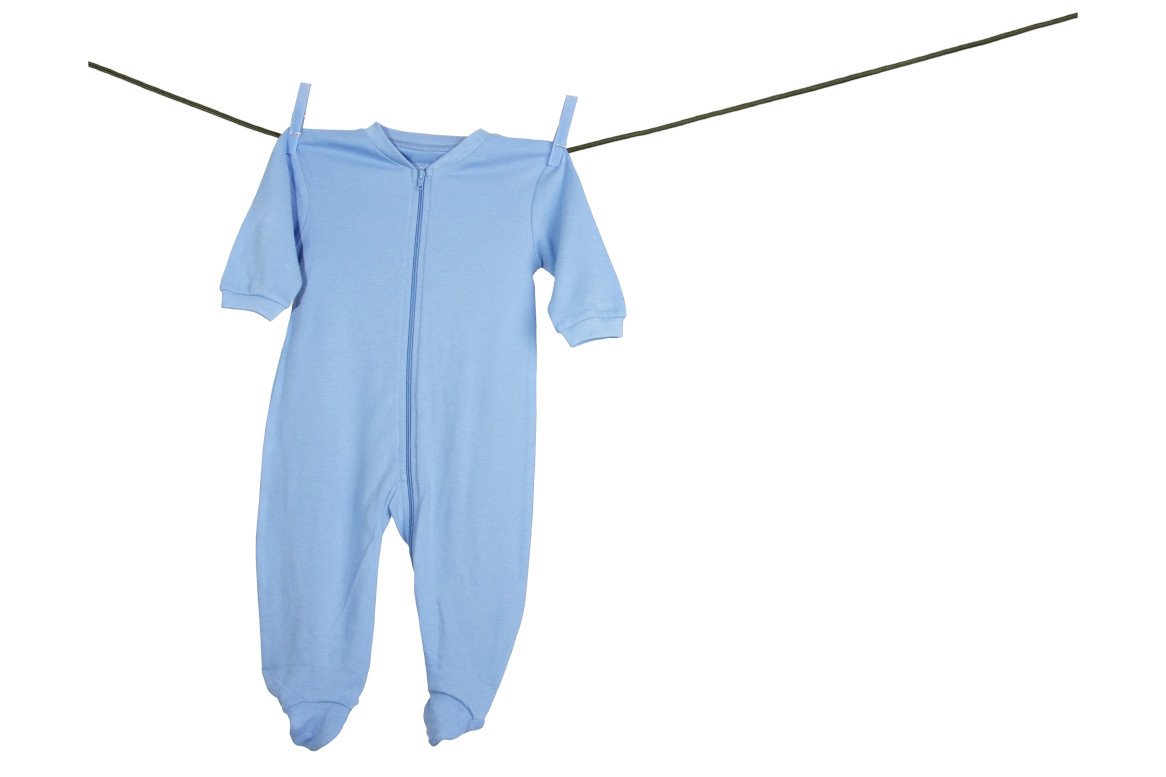Does your baby dislike getting dressed and undressed or getting their nappy changed?
For some babies struggling with clothing changes, the problem can be related to sensory stressers and is typically linked to more than one sensory trigger. The first thing to consider would be the tactile or touch system, which may be over-registering the feel and textures of the clothing fabric. Some or all clothing can feel uncomfortable and even painful if the baby’s tactile system is over-responding to the sensations from the clothing. Some fabrics may feel more abrasive than others and each child’s sensitivity may be different.
The other main sensory issue with dressing and undressing is the change in body position required by the movement of dressing/undressing. This can trigger the baby’s balance or vestibular system particularly when various head movements are involved. If your baby’s nervous system is sensitive to the movements it can create sensations of instability and the baby will feel unsafe, which is obviously distressing and your baby will protest.
At Encounter Baby we will show you how to use activities than will dampen the tactile receptors and help develop a greater tolerance in your baby’s touch system. If you can’t get to a session, or are waiting to join one, the following things may help in the short term:
– Take note of the textures of clothing that your baby seems to react to the most and replace with preferred textures.
– Remove any labels or tags on clothing and check seams. You can turn some items such as vests inside out if seams are rough.
– Use tight or snug fitting under wear to provide calming input to the tactile system and dampen the tactile receptors.
– Try swaddling with a towel to help transition from being dressed to being undressed.
– Reduce vestibular reactivity by limiting movement of the head and body as much as possible during the clothing change. You may also want to try supported sitting to complete the clothing change, if your baby has good neck support, rather than being fully flat in a lying position.
It is quite common for babies to have sensitive tactile or touch systems particularly in the early weeks and months, as this is their primary system for engaging with and encountering the world around them.
If you do suspect a movement or vestibular component, or these issues continue, it is really worth coming to Encounter Baby if you are able, as we can help you address this early on and help prevent more widespread issues relating to this system later on.

